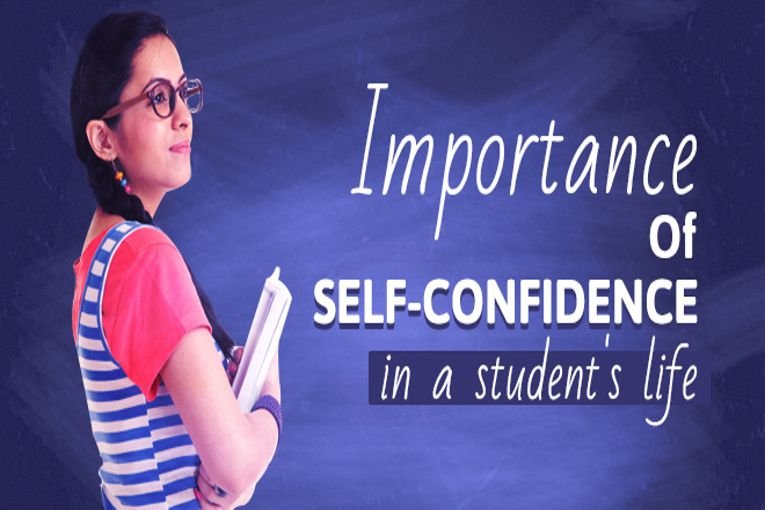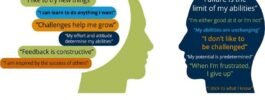Understanding the Importance of Confidence in Student Life
Confidence is a key trait that can significantly impact a student’s academic performance, social interactions, and overall well-being. As a student, having confidence empowers you to face challenges, take risks, and pursue your goals with determination. When you believe in yourself and your abilities, you are more likely to succeed in your academic endeavors and navigate the complexities of student life with resilience and positivity.
Building confidence is a continuous process that requires self-awareness, practice, and perseverance. By developing strategies to boost your self-esteem and belief in your capabilities, you can enhance your academic performance, increase your motivation, and cultivate a growth mindset that will serve you well in school and beyond.
Practical Tips for Building Confidence as a Student
One of the first steps in building confidence as a student is to set realistic and achievable goals. By breaking down your larger objectives into smaller, manageable tasks, you can track your progress, celebrate your achievements, and build momentum towards your ultimate academic aspirations.
Identify your strengths and talents, whether they are academic, creative, or interpersonal skills. By acknowledging and nurturing your strengths, you can boost your confidence and leverage your unique abilities to excel in your studies and extracurricular pursuits.
Negative self-talk can undermine your confidence and hinder your academic performance. Practice self-compassion and challenge negative thoughts by replacing them with positive affirmations and constructive feedback. Cultivating a mindset of self-acceptance and resilience can help you overcome self-doubt and fear of failure.
Don’t be afraid to reach out to teachers, mentors, or classmates for support and feedback. Constructive criticism and guidance can help you identify areas for improvement, learn from your mistakes, and grow both academically and personally. Surround yourself with positive influences who believe in your potential and encourage your growth.
Building confidence often requires stepping out of your comfort zone and embracing new challenges. Whether it’s participating in class discussions, joining a club or organization, or taking on leadership roles, pushing yourself beyond familiar boundaries can expand your skills, knowledge, and confidence in your abilities.
Take time to acknowledge and celebrate your achievements, no matter how big or small. Reflect on your progress, set new goals, and reward yourself for your hard work and dedication. By recognizing your accomplishments and milestones, you can boost your self-esteem and reinforce a positive cycle of confidence-building behavior.
Self-care is essential for maintaining a healthy balance between academic responsibilities and personal well-being. Prioritize activities that recharge your energy, such as exercise, mindfulness, hobbies, and socializing with friends. Taking care of your physical, emotional, and mental health is crucial for sustaining confidence and resilience in the face of academic challenges.
Failure is a natural part of the learning process and should be viewed as a valuable opportunity for growth and improvement. Instead of dwelling on setbacks or mistakes, analyze what went wrong, extract lessons learned, and use them to adjust your approach and strategies for future success. By reframing failure as a stepping stone to success, you can cultivate a resilient mindset and build confidence in your ability to overcome obstacles.
Cultivating Lasting Confidence for Academic Success
Building confidence as a student is a transformative journey that requires self-reflection, perseverance, and a willingness to embrace challenges. By setting realistic goals, focusing on your strengths, challenging negative self-talk, seeking support, stepping out of your comfort zone, celebrating achievements, practicing self-care, and embracing failure as a learning opportunity, you can cultivate lasting confidence that will empower you to thrive academically and personally. Remember that confidence is not about being perfect but about believing in your potential to grow, learn, and succeed in all aspects of student life.







